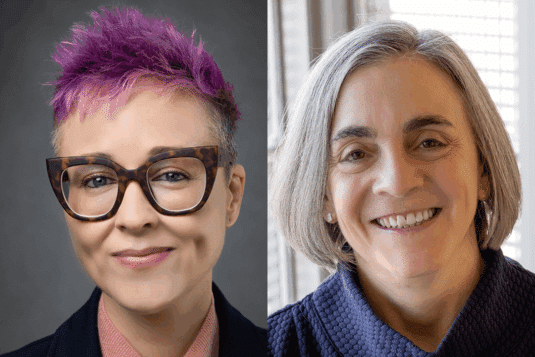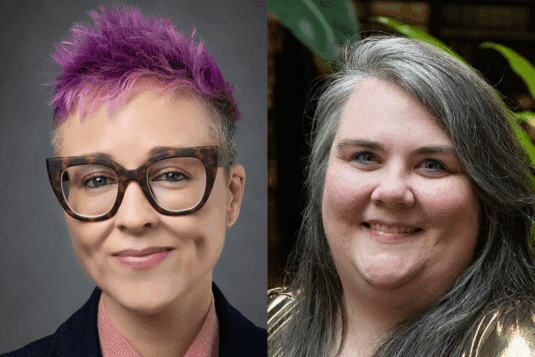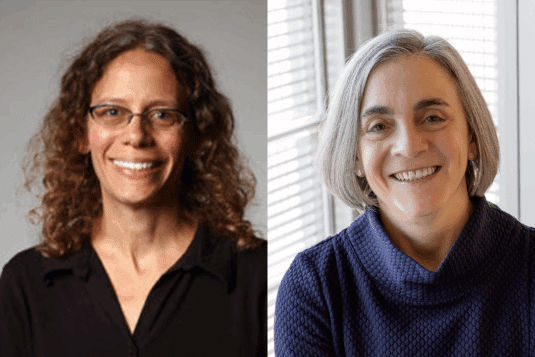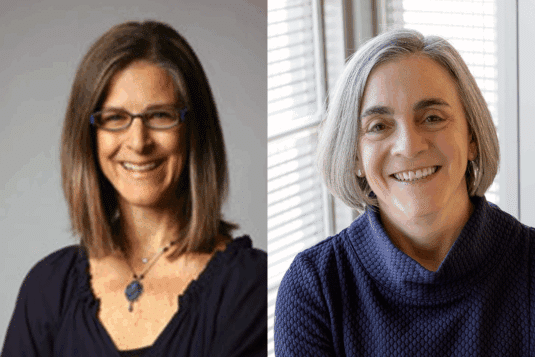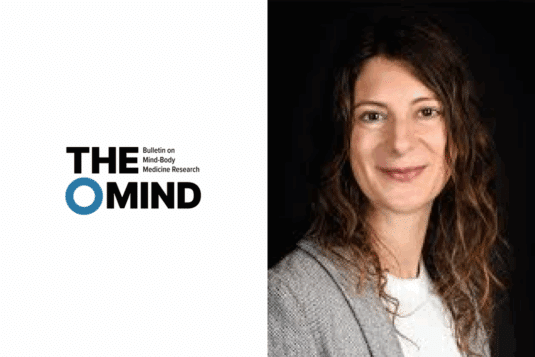Cait DesRoches and Liz Salmi reflect on the evolution of open notes and issue a clear call to action for oncology. Drawing on over fifteen years of research, they underscore that while open notes consistently strengthen trust, understanding, and patient engagement, access is not equitable. They argue that transparency without equity is incomplete.
Patient Portals
Intimate Partner Violence and Open Notes: Challenges and Opportunities
This piece offers practical guidelines for documenting IPV in trauma-informed, patient-centered ways, while navigating transparency requirements under the Cures Act. It acknowledges proxy access features and risks, but focuses on how OpenNotes can be used safely to empower survivors and build trust.
Solutions for Increased Adoption of Patient Portal Shared Access: A Human-Centered Design Approach Using the Double Diamond Model
Using a human-centered design approach, OpenNotes and researchers at the Johns Hopkins Bloomberg School of Public Health explored how to improve awareness and adoption of shared access to patient portals for older adults and their care partners.
Identifying, engaging, and supporting care partners in primary care settings: a portal-based intervention
Millions of Americans are care partners but they are rarely identified or supported in care delivery. With a portal-based questionnaire, we identified participants with caregiving responsibilities and further evaluated them in order to offer support.
Whom Should We Regard as a Legitimate Stakeholder in the Accuracy of Information in a Patient’s EHR?
This case describes a care partner who was distressed by bias and inaccuracies in a loved one’s medical notes. Steve O’Neill LICSW, BCD, JD and Catherine M. DesRoches, DrPH, MSc offer guidance on how the doctors and hospital should respond.
Which Patients With Cancer Access Their Clinical Notes? A Disparities Analysis
Although clinician notes are now available to all patients, many of the most vulnerable populations are less likely to read them. This study tracks how ethnicity, race, and language impact who is opening their notes at a high-volume specialty cancer center.
Near-wins in the pursuit of quality: does transparency matter if no one is looking?
In this new editorial for BMJ Quality & Safety, Sigall Bell, MD and Cait DesRoches, DrPH reflect on how access to medical notes can improve the quality of care, but only if patients are able to read and understand them. In the time between medical visits, when patients are monitoring their own health, AI may open a new frontier.
Changes in Documentation After Implementing Open Notes in Mental Health Care: Pre-Post Mixed Methods Study
https://doi.org/10.2196/72667 Background The practice of providing patients with digital access to clinical narrative documentation by health care professionals (HCPs) is known as open notes. In mental health care, this innovation has the potential to increase transparency and foster greater trust in the treatment process. While open notes may improve the quality of care and patient…
Chaplains’ Charting in the USA in the Era of “Open Notes:” Recommendations from a Quality Improvement Project
This paper addressed the particular needs of chaplains in oncology settings where relationships tend to be longer. It recommends using strengths-based language, avoiding language that suggests disbelief, shortening notes, and using documentation to extend spiritual care.
AI-supported Digital OpenNotes in Primary Care Setting
AI could be a solution to many challenges in primary care such as time constraints and difficulties in patient understanding. However, there are risks of inappropriate or inconsistent responses. A new German research alliance is studying this emerging field.
